Arms Trade Research
Sustainalytics’ Arms Trade Research enables investors to identify all publicly-listed companies that sell arms to sanctioned countries or countries where there is a high risk of violence against civilians. Our Arms Trade Research can help manage the reputational risks associated with investing in companies that supply arms to controversial regimes. Download the brochure to find out more.
Child Labor in Cocoa
Over two million children below the age of 18 work in hazardous conditions in the cocoa supply chain in Côte d’Ivoire (Ivory Coast) and Ghana. This engagement is founded on investors’ expectations for some of the largest companies in the cocoa sector, and addresses the issue of child labor in cocoa.
EU Action Plan - EU Taxonomy
Our EU Taxonomy Solution provides ESG research and data that assesses clients’ holdings and portfolio alignment to the EU Taxonomy. We currently offer a Taxonomy Data solution and a Managed Portfolio Service. The Managed Portfolio Service provides a portfolio-level alignment assessment and the Data solution provides company-level assessment along with the supporting underlying company-level data. Companies receive one of four assessments: Aligned (/With Warning), Partially Aligned (/With Warning), Not Aligned and No Evidence.
Global Access
Sustainalytics’ Global Access is our flagship platform for accessing our ESG research. The user-friendly interface includes functionalities that enable investors to read detailed company reports with qualitative analyses, screen companies on ESG criteria for security selection and product creation and run custom reports to communicate ESG performance. With the alerts functionality, clients can monitor their portfolios for ESG incidents and controversies.
Modern Slavery
It is anticipated that modern slavery will increasingly put companies at a competitive disadvantage through, for example, operational disruptions, compliance risks and loss of business due to damage to reputation. The engagement’s objective is to ensure high-risk portfolio companies adopt rigorous strategies on modern slavery.
Human Rights Radar
Sustainalytics’ Human Rights Radar provides information on companies that operate in volatile regions where grave human rights violations are taking place. Our research helps investors better understand the nature, impact and extent of companies’ activities as well as how well they are managing relevant risks. Download the brochure to learn more about the product.
Introduction to Transition Bonds
The green bond market has seen major growth in recent years. There is, however, a strong recognition that achieving international climate goals will require significant reduction of GHG emissions from carbon-intensive industrial activities that to date have not been the focus of green finance and for which low-carbon solutions are generally not yet available at scale due to major technological and/or systemic barriers. Those are commonly referred to as transition sectors.
Overview of Corporates Products and Services
Interested in obtaining an ESG License from Sustainalytics to meet both internal and external business needs? Our ESG Risk Ratings are used by the world's largest institutional investors to help shape and guide their investment strategies when looking for top performing ESG companies.
Thematic Engagement
The purpose of Thematic Engagement is to influence companies to proactively manage specific ESG risks and opportunities, as well as enabling the participating investors to play an active role in addressing material, shared sustainability challenges through raising sector and systemic standards in alignment with the Sustainable Development Goals (SDG) agenda.
Product Involvement
Sustainalytics' Product Involvement research helps identify companies involved in a range of products, services and business activities for screening purposes. Each activity is accompanied with a concise summary of the way the company is involved in the relevant product or activity.
Feeding the Future
Agriculture is estimated to account for one-quarter of the world’s greenhouse gas (GHG) emissions, 80 percent of deforestation, 70 percent of water use and 78 percent of ocean and freshwater pollution. This engagement theme aims to contribute to a more sustainable trajectory for the future of food.

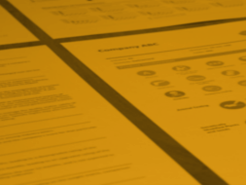
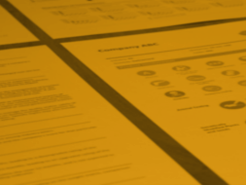
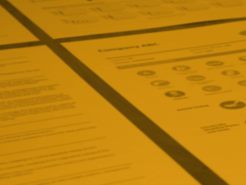
.tmb-thumbnl_rc.png?Culture=en&sfvrsn=5a4feee0_2)

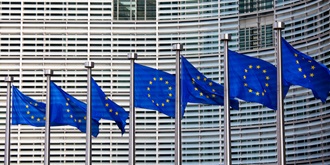
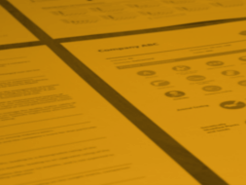


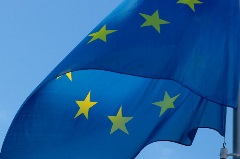
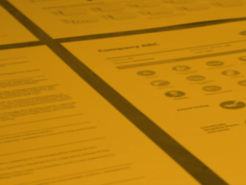
.tmb-small.jpg?Culture=en&sfvrsn=edbba807_2)




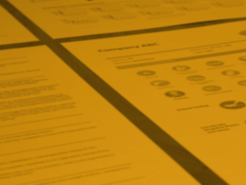

.tmb-thumbnl_rc.png?Culture=en&sfvrsn=ce56d6ce_2)
